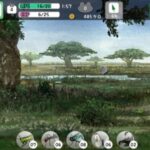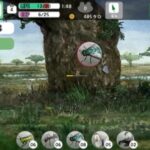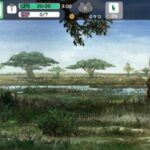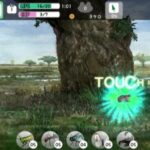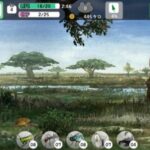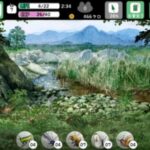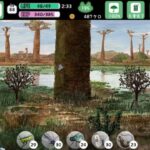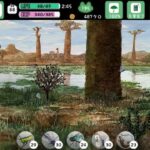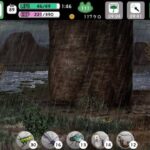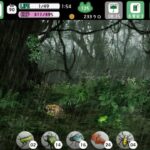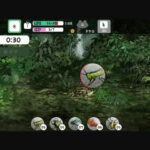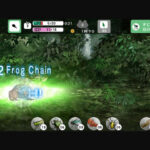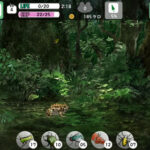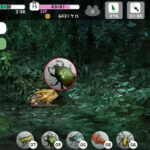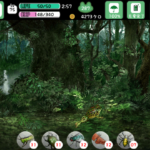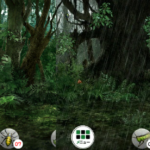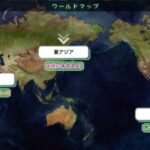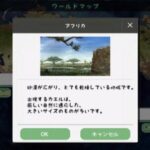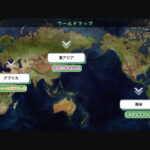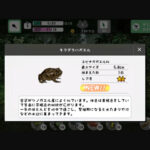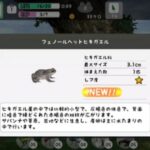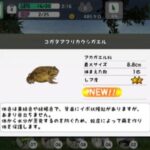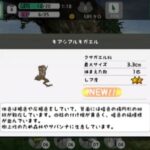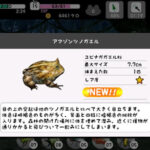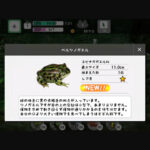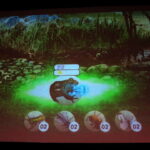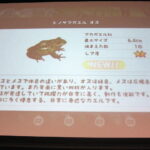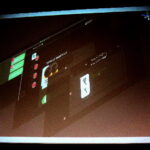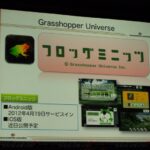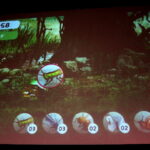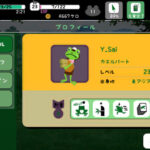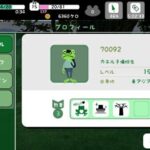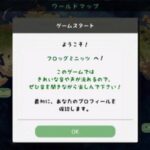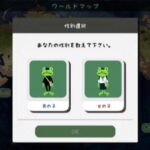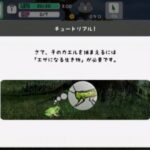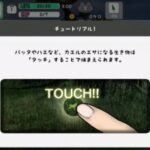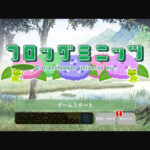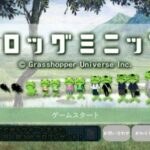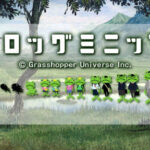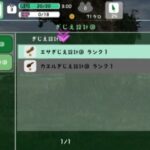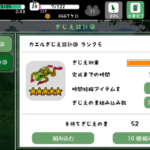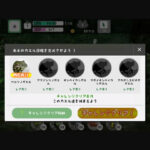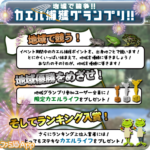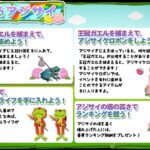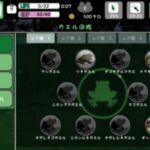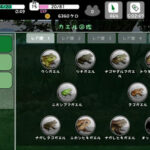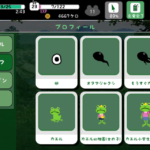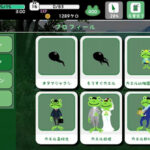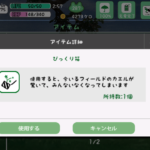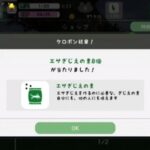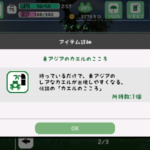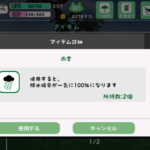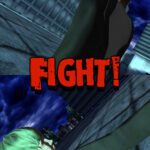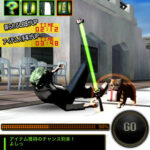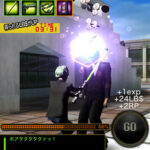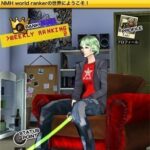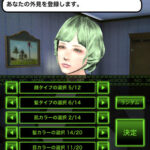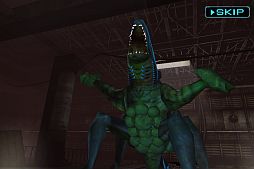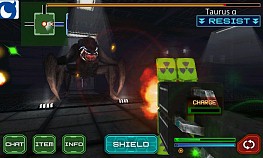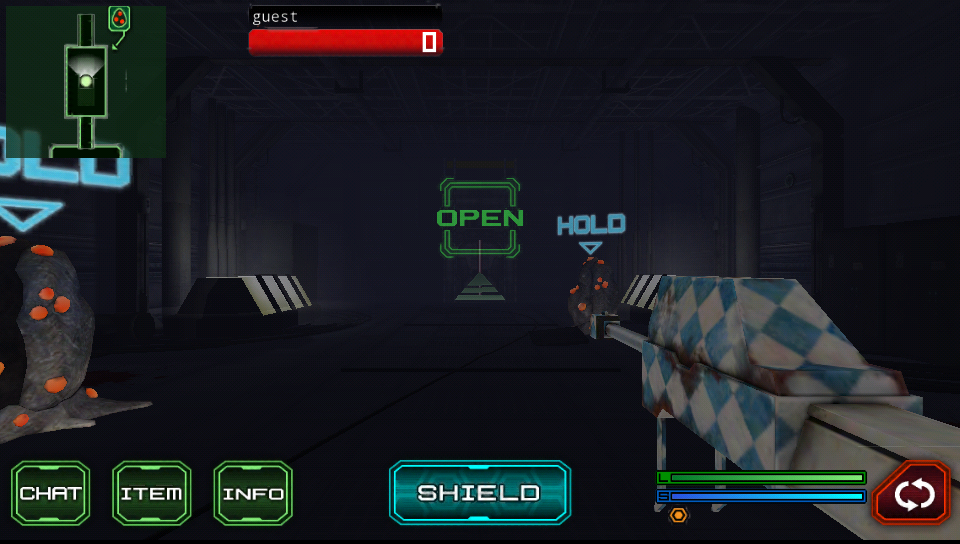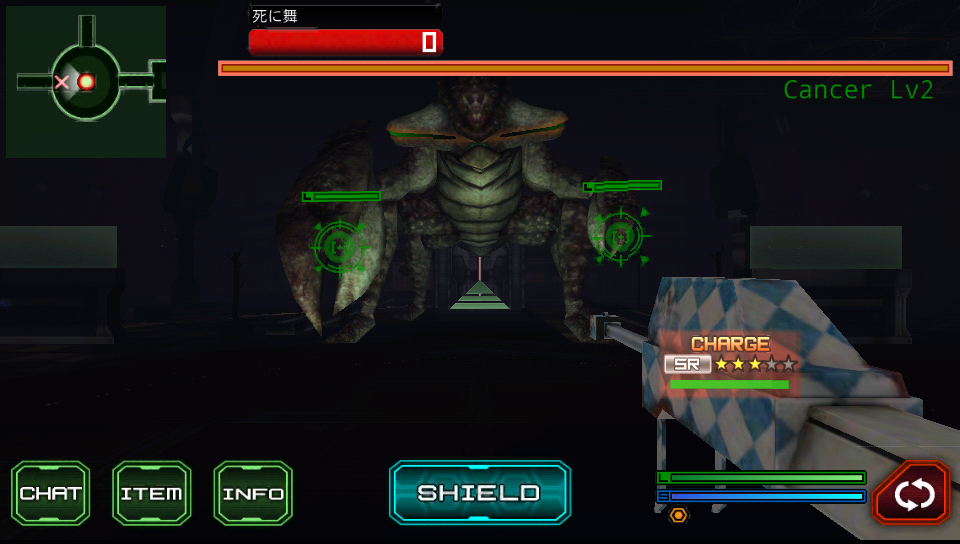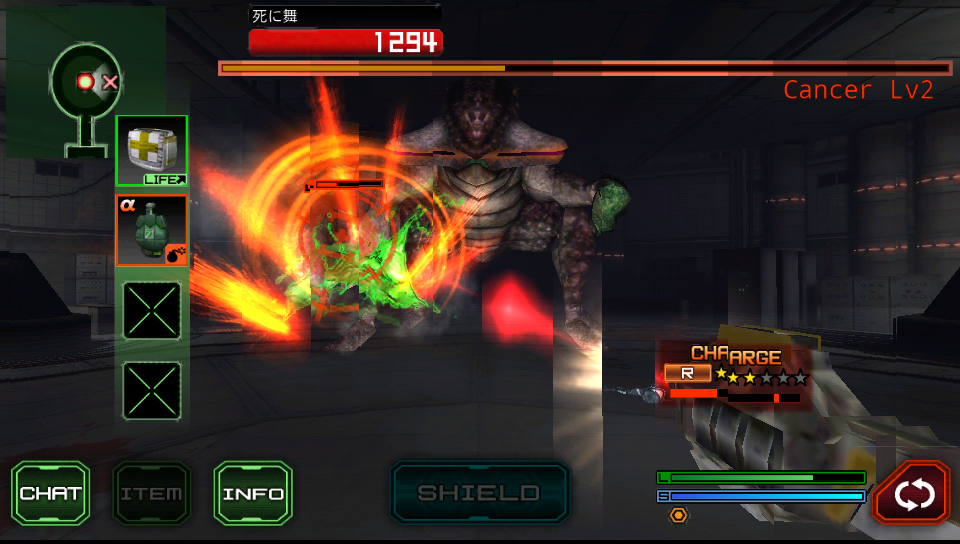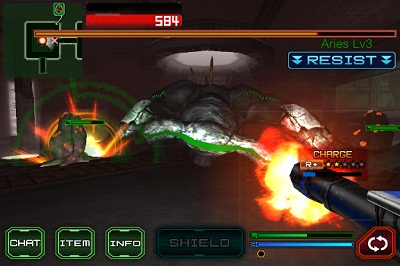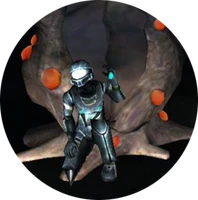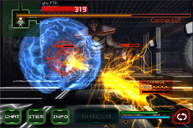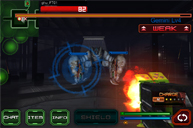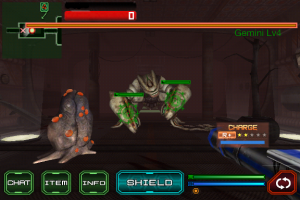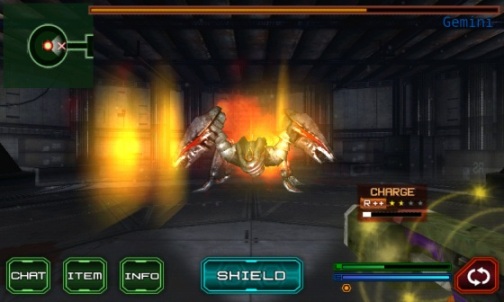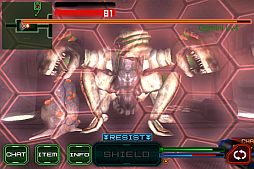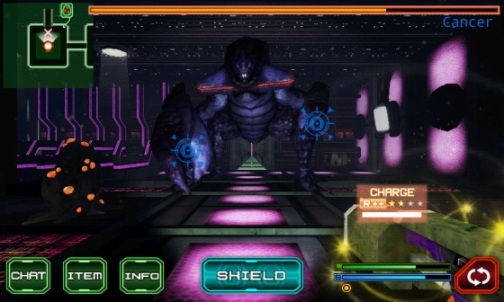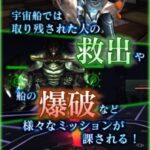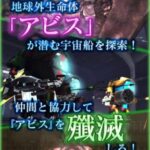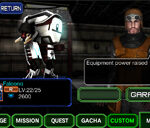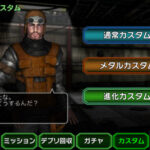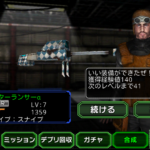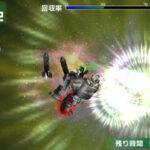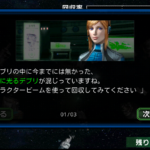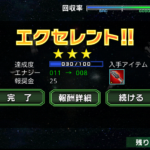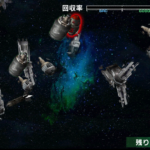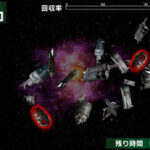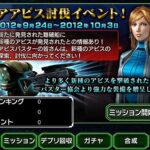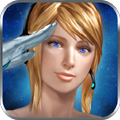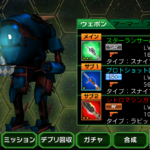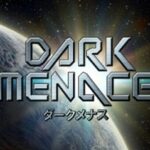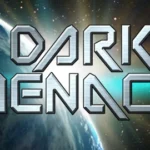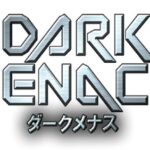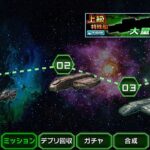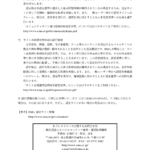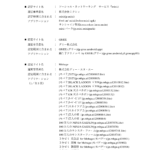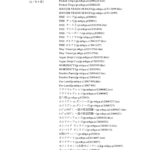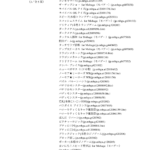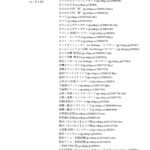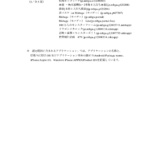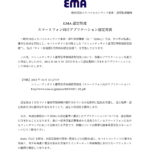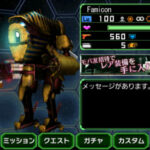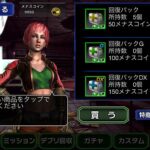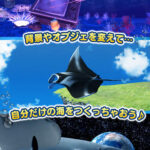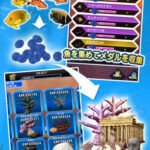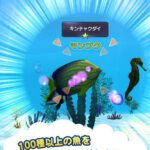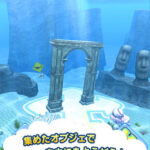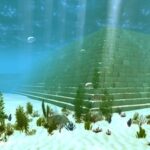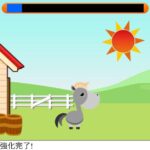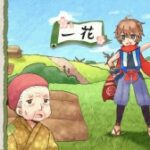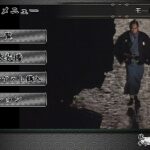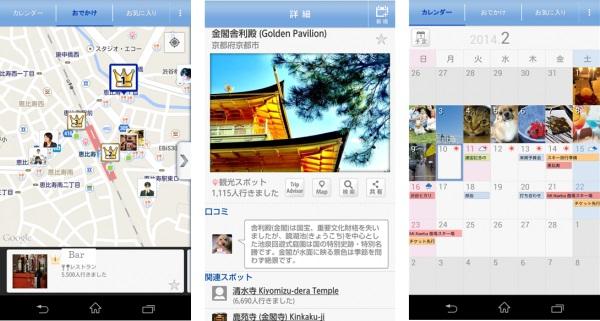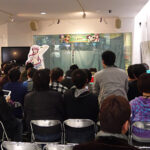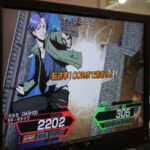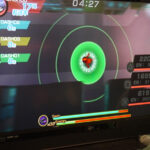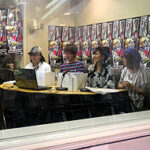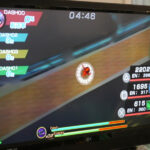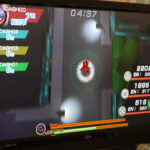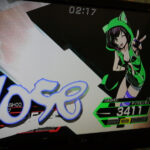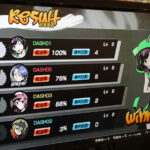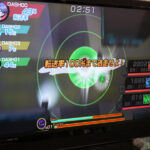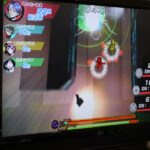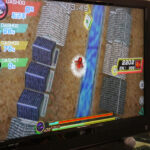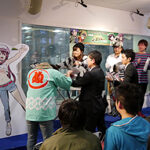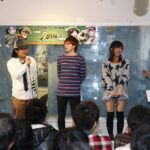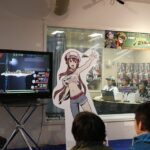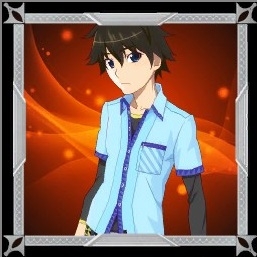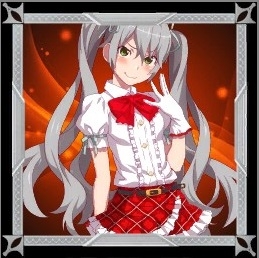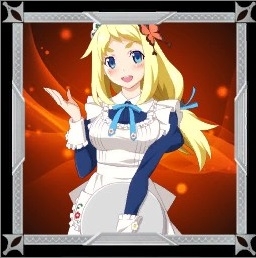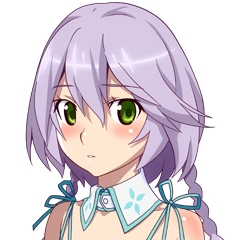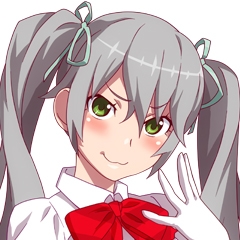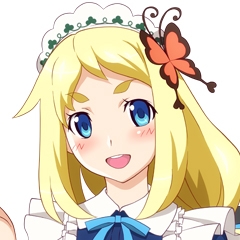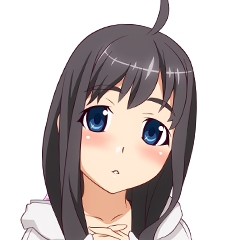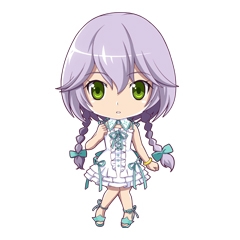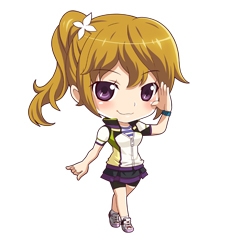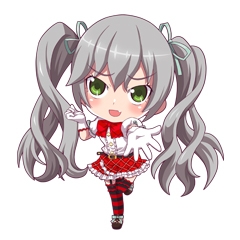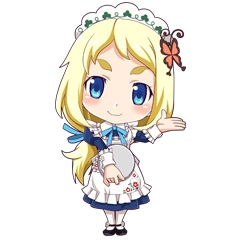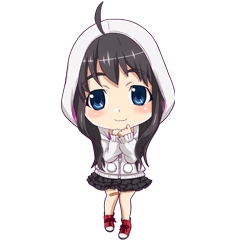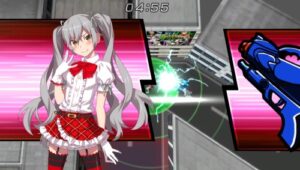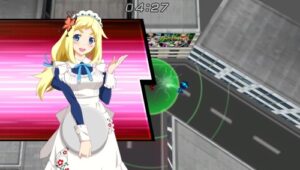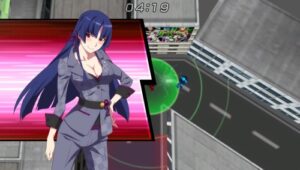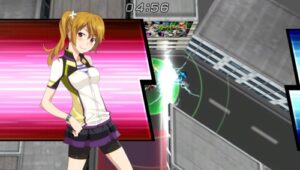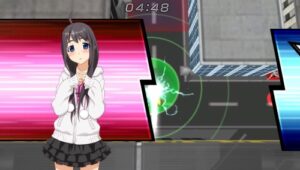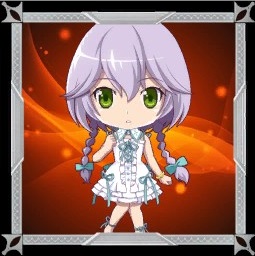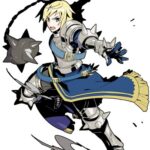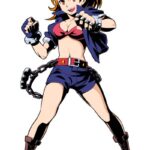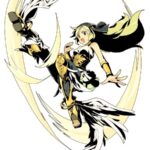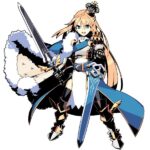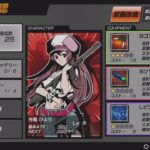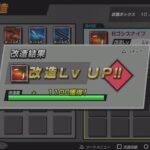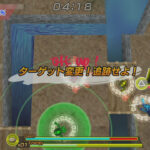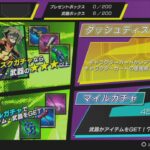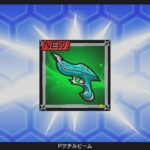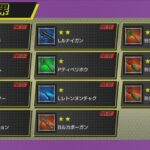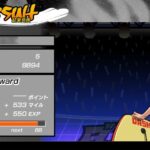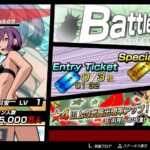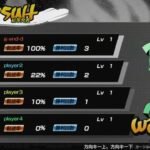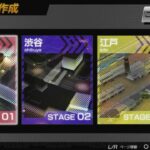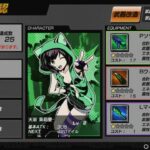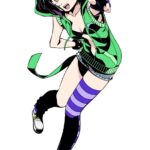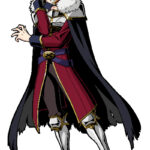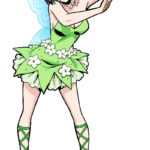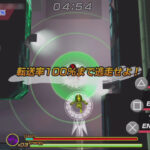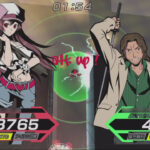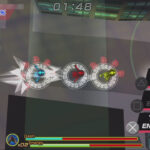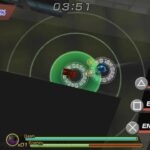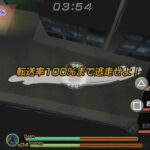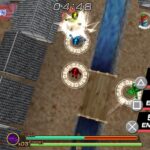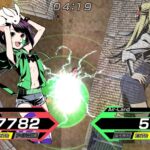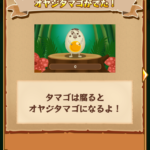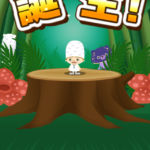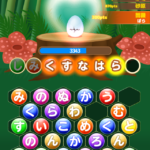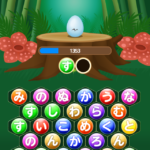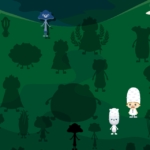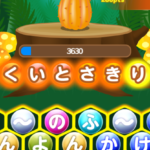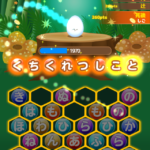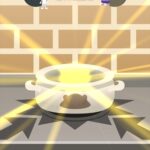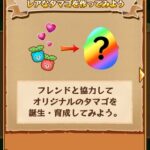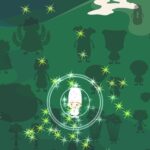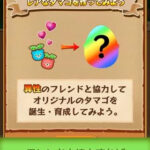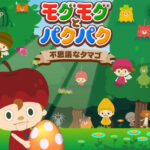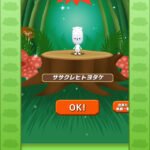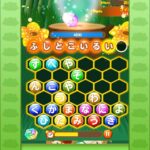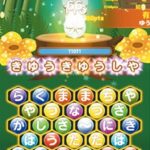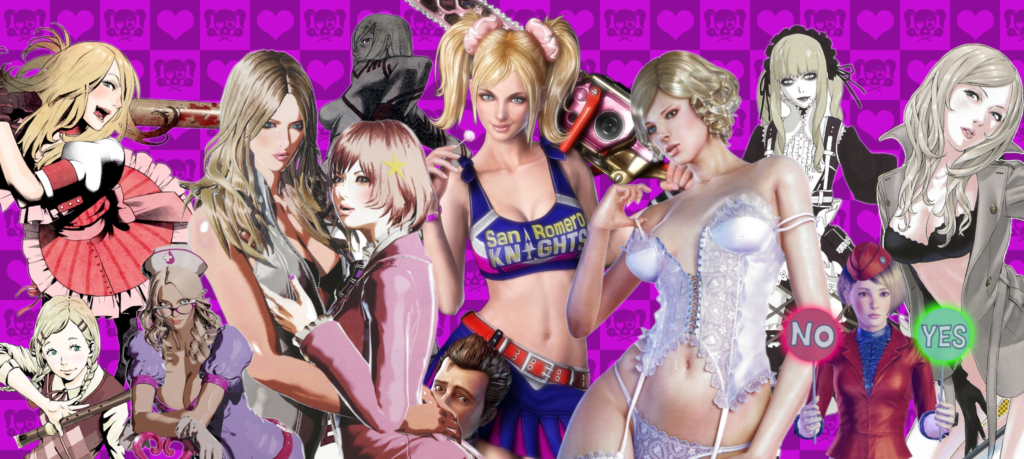
In November of 2011, during development of Lollipop Chainsaw, it was announced that GhM would enter a partnership with DeNA to produce several mobile games for their Android and iOs distribution platform Mobage. The joint venture, initially called Grasshopper Social Network Service Inc., was soon renamed to just “Grasshopper Universe“. Three games were initially announced: A sequel to Frog Minutes, Alien Busters and Humans vs. Zombies. Grasshopper Universe would then also form joint ventures with Digital Hearts in March of 2012 and with Yamada Denki in September of the same year to further enhance distribution of its products.
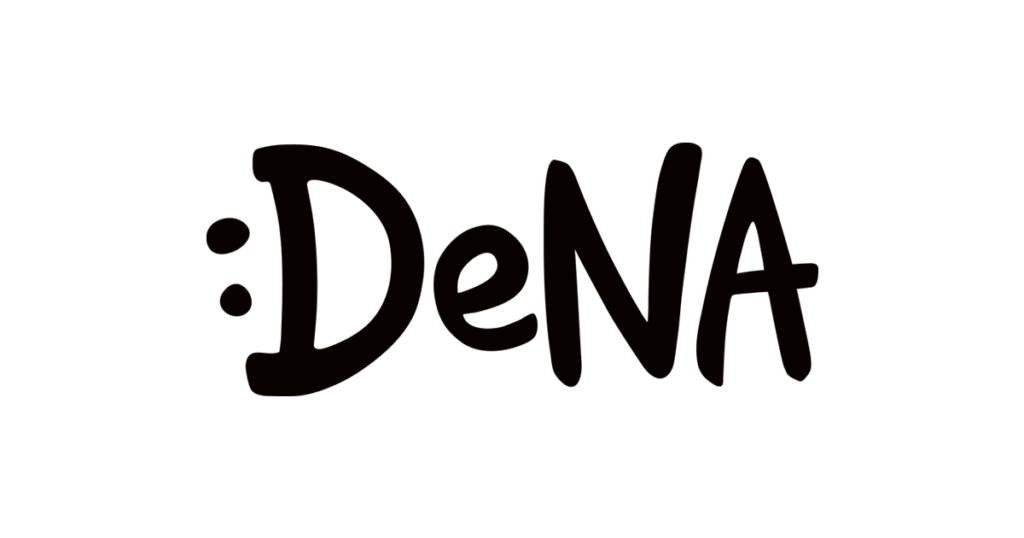
Before we delve into them, however, I need to go on a tangent about the nature of most mobile games: the original Frog Minutes was actually an exception, a game with a definitive beginning and end (though it could technically be played forever, there is a limited number of tasks to accomplish within the game) which could be purchased fully with a one-time payment, meaning that, since Android emulators exist and emulation of earlier iOs iterations is slowly becoming possible, both versions of the game will eventually be made playable on modern systems.
The greatest majority of mobile games however, much like the three GhM produced under DeNA, make their money by directing players to an in-game cash shop where they can spend real money for fake items. Meaning that, by design, they must constantly entice the player to interact with the cash shop, which is generally accomplished in several ways:
- Making game progression require a tedious amount of grind, which can be skipped by investing real-life money into powerful items, extra lives or level ups. This is sometimes tied to a stamina system, which prevents players from grinding too much within a single day.
- Adding cosmetics or gameplay-related upgrades that are only available for a limited time. This plays into a psychological phenomena known as FOMO, or Fear Of Missing Out.
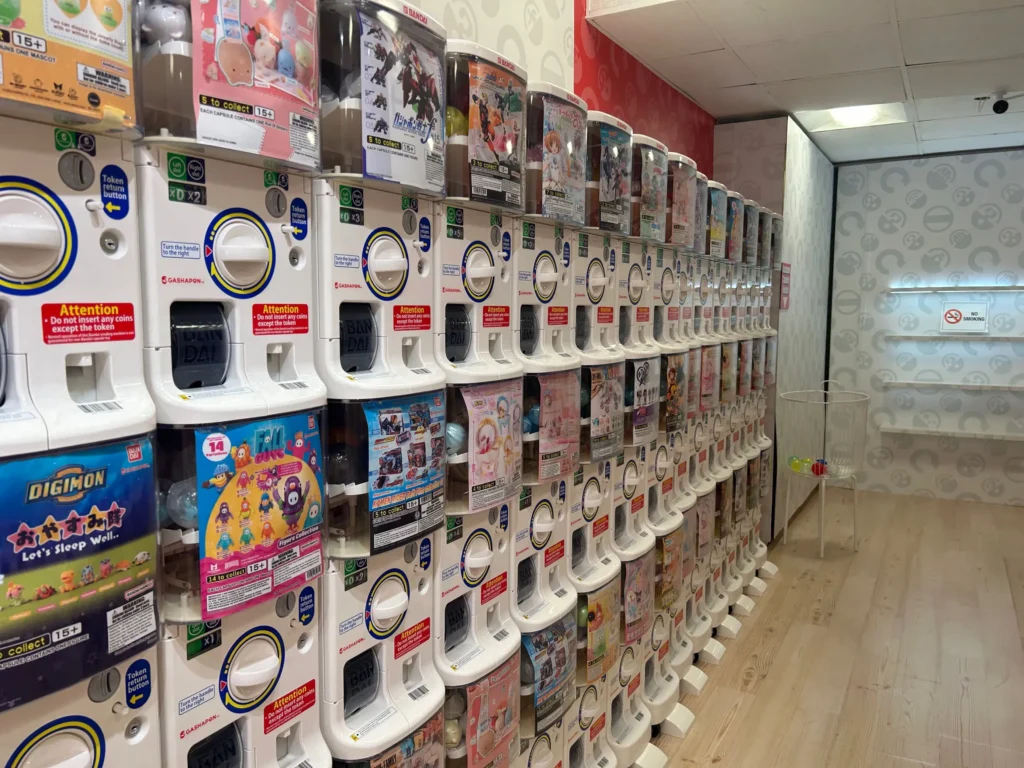
These were also often paired with a “Gacha” system. Gacha takes its name from Gachapon machines, Japanese dispensers operated by inserting coins that would drop one of many figurines randomly, meaning that in order to have a full collection, one would have to spend an otherwise inordinate amount of money to beat chances and acquire the ones he needs.
Just as it is implied by its name-sake, Gacha systems in mobile games randomize the acquisition of in-game items, which are, more often than not, required for progression. While the in-game Gacha machine can often be operated through fake, in-game currency, said currency can also be purchased with real-life money in order to avoid the tedious grind described earlier.
These systems dictate an environment in which the game must be constantly updated and changed in order to drag players to the cash shop, creating a feedback loop which changes the usual structure of game development: for example, a well-known phenomena is “power creep”, a term used to describe the constant rebalancing of a mobile game, making previously required items and upgrades superfluous, in order to push players into purchasing new ones.
It is also an inherently predatory system, and one that has also been adopted in AAA game development since the mid-2010s: it is not unusual now to see even previously single-player focused titles such as Ubisoft’s Assassin Creed or Rockstar’s Grand Theft Auto include endless online modes that are tied to an online cash shop. Kojima’s own Metal Gear Solid V also included such features, likely due to a push from corporate. Even the European Parlament has begun debating the morality of Gacha games and how they encourage gambling addictions among younger demographics.
Due to these reason, very few mobile games can be “completed” in a traditional sense, and the vast majority of them relies on online servers to ensure that players could not cheat their way through the game, discouraging the use of microtransactions. Therefore, once these servers are down, the game becomes effectively lost, with no proper way of preserving its contents, most of which exist server-side.
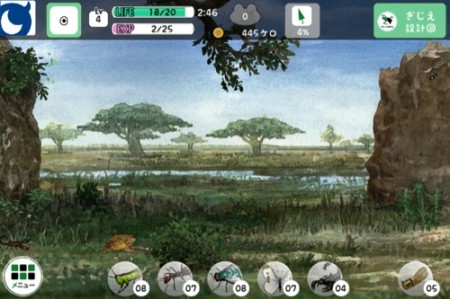
The first title released by Grasshopper Universe was the aforementioned Frog Minutes sequel, creatively titled Frog Minutes, which came out in the spring of 2012. While the core gameplay remains unchanged, in the sense that the player is still tasked with collecting frogs, there are a number of differences between the two titles:
For one, the player will be travelling all over the world in a variety of different locales and climates. The frogs he’s be able to catch depend on the time of day and weather, and sometimes by time-limited events. Instead of catching bugs to feed the frogs, players had to instead cooperate to create artificial bait. Original narrator Maaya Sakamoto was this time also accosted by a male counterpart in Tomokazu Sugita, and the player could switch between the two at will.

Lastly, the game included a Gacha system named Keropon, where the player could use the fictional currency “kero” (ribbit) to acquire cosmetics to customize his alter ego, an anthropomorphic frog, in a mode dubbed “Frog Life”. It is currently unknown if bait ingredients were also tied to the Keropon.
Both the iOs and the Android versions of the game are lost, and since the game relied on online servers to be played, they could not be booted up even if found.
This collection of screenshots was compiled by MEGAnaire. You can find him on his website or at the e-mail info@deathblowicons.com.

August 2012 saw the release of No More Heroes: World Ranker, in which players could create their own assassin with which to climb the ranks of the UAA, by tapping and slashing several rivals from the No More Heroes series on the screen. The game also included a PVP mode, where players could challenge each other with their own avatars. The monetization system of this game is not well documented, however, from what little gameplay footage there is, it seems that the Gacha system was tied to gathering new equipment for the player’s avatar.
Likely for copyright reasons, as the No More Heroes brand is partially owned by Marvelous, this game was still published by DeNA, but outside of the Grasshopper Universe umbrella.
The iOs version is currently lost, while the Android version has been preserved; however, the online servers have since been taken down, meaning launching the game only results in an error message.
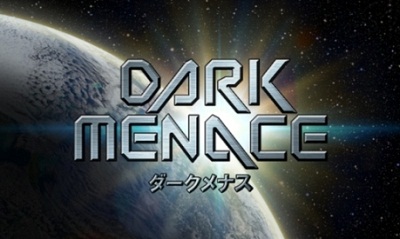
A third and final game was released by DeNA in November of 2012, Dark Menace, a game in which the player, through a customizeable avatar, would shoot space aliens in space ships in space in first person, featuring some sort of cooperative gameplay. The game was likely the one originally announced as “Alien Busters” in the Grasshopper Universe press release.
The monetization system is, again, not well documented, but the game did feature a cash shop through which to trade real money for fake currency, which could then be spent on items and equipment. There was also a mode in which the player could search space debris for useful items, though it is unknown if it would have somehow tied in with the monetization.
Both the iOs and Android versions are lost, and since the game was tied to online servers that have been since taken down, it could not be booted even if found.
This collection of screenshots was compiled by MEGAnaire. You can find him on his website or at the e-mail info@deathblowicons.com.
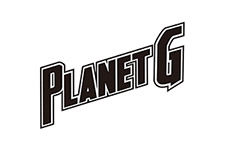
In January of 2013, Grasshopper Manufactured was purchased by GungHo. I will go into more details about the acquisition later, but for this chapter, it is important to note that some change-ups happened during the acquisition. The original GhM was renamed as Planet G, with Takahiro Yoshizawa, one of the managers who had joined the company during development of Shadows of the Damned, appointed as its president and CEO.
Then, a new subsidiary, this time called Grasshopper Manufacture, was created under the Planet G umbrella, containing most of the active Grasshopper staff, and all of its shares were immediately transferred by GungHo. After that, Planet G absorbed all remaining assets from Grasshopper Universe, at this point renamed as PG Universe (Yes I KNOW), effectively splitting the old Grasshopper Manufacture and Grasshopper Universe into two separate companies, the former now owned by GungHo, and the latter, Planet G, still independent, who’d continue to produce mobile games on Mobage and other platforms.
The two most notable names to remain in Planet G were Kazutoshi Iida, who had joined Grasshopper in 2010 but only contributed a few tracks to the No More Heroes 2 soundtrack, and Masahiro Yuki, who had served as scenario writer for The 25th Ward’s Matchmaker arc, Liberation Maiden and Lollipop Chainsaw.
Between 2013 and 2016 they released a long list of mobile games and apps and even a few Playstation Vita and Nintendo 3DS titles, most of them lost to time; I’d like to thank Deep Wolf for compiling some of this research while fighting AZOV in the front lines of Donbass and taking out 80% of NATO’s artillery with a screwdriver and a lot of imagination.
12/03/2013 – EASY DIVER (iOs) (Android)
A diving simulator distributed by NHN Playart on LINE, an iOs/Android distribution platform similar to Mobage, and directed by Kazutoshi Iida. Players could collect fish and items to create compositions at their leisure. Reportage on the game by gamer.jp indicates that it occasionally held time events with exclusive rewards, sometimes even featuring famous real-life aquatic animals.
Both iOs and Android versions are currently lost; since the game had online functionalities, it is likely that it could not be booted even if found.
08/08/2013 – ヤマダビ Yamadabi (iOS) (Android)
Another freemium game in which the player could train horses through a Bejeweled-style puzzle game and then race them against each other, distributed by G&D, a subsidiary of Digital Hearts, and jointly developed with Yamada Denki. The game had online components and in-app purchases, so even if copies of it were found, they could not be booted.
22/08/2013 – Frog Minutes (Android)
A re-release of the original Frog Minutes which had, before this point, only been available on iOs. Unrelated to the Mobage version of Frog Minutes, which remained exclusive to the Mobage distribution platform. The Android version included a new narration track by Shiho Kawaragi. Both the iOs version and the Android version have been preserved.
31/10/2013 – Boolink (PS Vita)
A student project published as a free download by Planet G. A bizarre dual-stick side-scrolling shooter set in an abstract sci-fi environment in which the player can move the two halves of his ship separately on the screen, elongating a green line between them which is the player’s hitbox, but also controls how many bullets are shot at once. The game has been delisted from the Playstation Store but it has been preserved.
A shooting game where you use two sticks to control your own aircraft and options, and defeat enemies that appear one after another with attacks fired between the two aircraft. There are also various power-up elements. You can play alone, but it’s even more fun when you play with friends!
Playstation Store
2nd Game Campus Festa winning work
Developed by: Nihon Kogakuin College Kamata Campus/Team “LINKS”
31/10/2013 – Genimus (PS Vita)
Another free student project, dual-stick sci-fi shooter published by Planet G. This time, the player controls two separate spaceships as they are thrust in an endless corridor with each of the sticks. While delisted from the Playstation Store, it has been preserved.
An action game in which two aircraft, red and blue, push through a tube-shaped map while passing through fixed positions. Basically, another player operates the left and right sticks on the PS Vita. “Two people can play using one device” – a new way to play!
Playstation Store
2nd Game Campus Festa winning work
Developed by: Nihon Kogakuin Hachioji College / Team “grolia”
31/10/2013 – 迷球 MeiQ (PS Vita)
Another free student project. A puzzle game in which the player is task with guiding a ball through a labyrinth by using gyro controls, published by Planet G. Not to be confused with MeiQ: Labyrinth of Death, its title is a verbalization of the kanji for “stray ball”. While delisted from the Playstation Store, it has been preserved.
An action puzzle adapted from a nostalgic maze game for PS Vita. It uses a gyro sensor, and by tilting the main body, it rolls the ball without falling into the hole and guides it to the goal. Simple but addictive!
Playstation Store
2nd Game Campus Festa winning work
Developed by: Kyoto Computer Academy/Team “Ariadne”
31/10/2013 – 桜花爛漫 Oukaranman (PS Vita)
Another free student project. A platforming game based on an eastern fairy tale. Though delisted from the Playstation Store, it has been preserved.
An action game based on the old tale of Hanasaka Grandpa. A boy jumps between trees and makes cherry blossoms bloom with simple operations using the stick or direction keys and ○ button. It feels so good to let the flowers bloom!
Playstation Store
2nd Game Campus Festa winning work
Developed by: Amusement Media Academy/Team “Kyoka Suigetsu”
31/10/2013 – RisingStar (PS Vita)
Another free student project. The game is played by holding the PS Vita vertically, and sees the player dodging obstacles through the touch screen while on a space ship, trying to reach Earth. Even though it was delisted from the Playstation Store, the game has been preserved.
An action game played by holding the PS Vita vertically and using only touch and flick operations. Move the rocket by flicking and aim for the goal while avoiding meteorites approaching from the front. Escape back to Earth through space!
Playstation Store
2nd Game Campus Festa winning work
Developed by: Trident Computer College, Team “Team Rising”
31/10/2013 – 忍足 ShinobiAshi (PS Vita)
The final free student project released by Planet G for the PS Vita. A non-conventional rhythm game. Though delisted from the Playstation Store, it has been preserved.
A comical variety action drama that depicts a story with the theme of “family love.” A large-volume work that focuses on rhythm action and incorporates a variety of mini-game-style play. “Love”, “love”!
Playstation Store
2nd Game Campus Festa winning work
Developed by: Japan Electronics College/Team “TsurakadoWorks”
Deep Wolf’s WORDS:
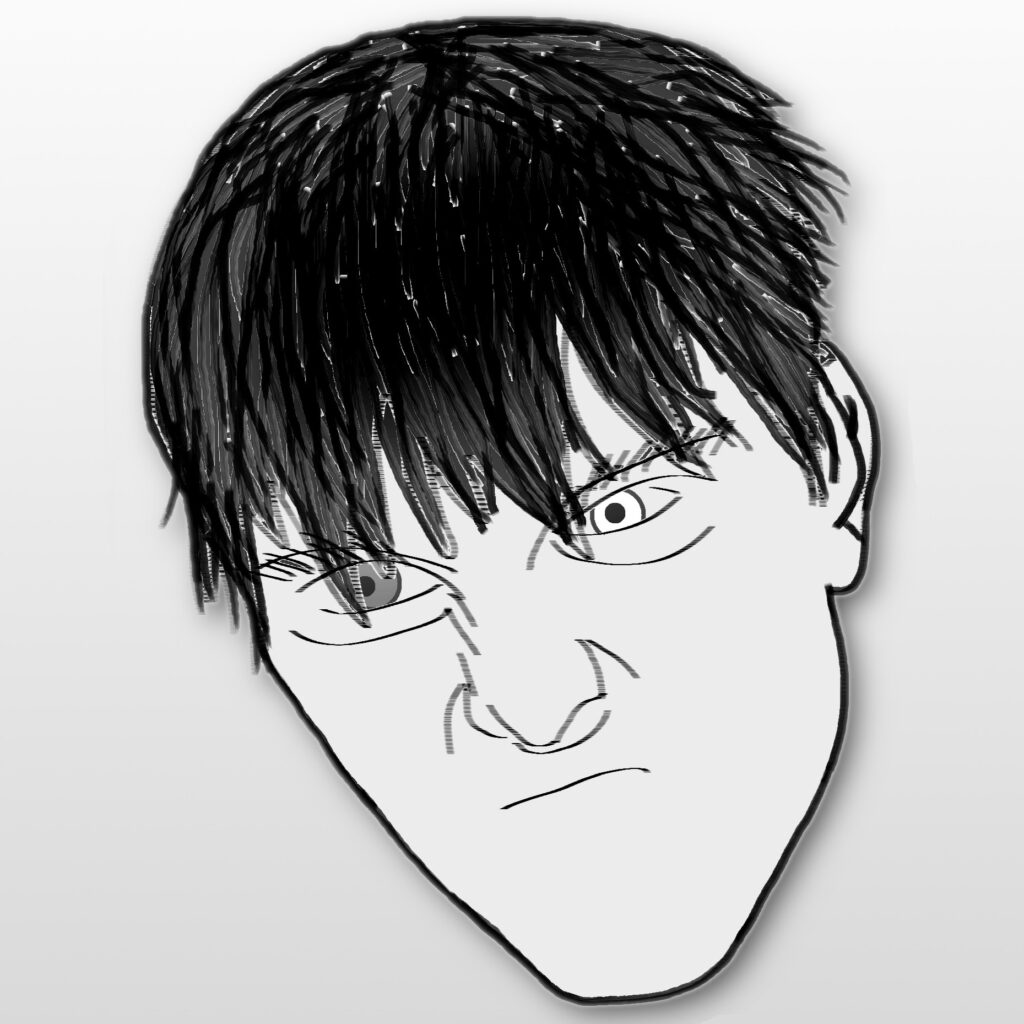
You play as a regular Japanese salesman trying not to commit suicide on your way home. Game for PS Vita. I just made that up just looking at the screenshot.
03/12/2013 – 仕事人麻雀 Working man Mahjong (iOS) (Android)
A Mahjong game based on the “Hissatsu Shigotonin” franchise, developed by Planet G. The game included both a single-player campaign and an online mode in which players could challenge each other in Mahjong. The game itself was free, though it is unknown if it had any in-app purchases. Servers went down after only four months. Both the iOs and Android versions are lost, and since the game also had online functionalities, it is likely that, even if found, it could not be booted.
29/01/2014 – パズル!! うまパカコレクション Puzzle!! Umapaka Collection (iOS) (Android)
A reworked version of Planet G’s earlier game ヤマダビ, this time starring adorable horse-hybrid monstrosities, the title itself being a portmanteau of horse and alpaca. Gameplay seems largely unchanged. Once again, both iOs and Android versions are lost and servers are not up anymore, meaning that even if found, the game would remain unplayable.
26/02/2014 – おでかけカレンダー Odekake Calendar (iOS) (Android)
From what I could gather, this is a calendar app listing events in metropolitan areas which would also allow users to review restaurants and other facilities. Obviously, even if found, it would not be functional.
27/02/2014 – 大乱走 ダッシュ or 奪取!! Runaway Dash or Capture!! (PS Vita)
A freemium PS Vita game developed by Liber Entertainment and published by Planet G. Set in the year 2080, the player could select one of six characters to play a game of chase in Cyberspace, where players could use weapons and traps to attack each other and steal each other’s items.
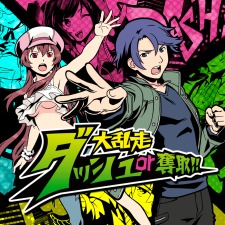
According to some reports, early applicants would have a chance to receive a physical fan book for the game, which would include concept art, scenario settings and fan art, showing examples of drawings by Ryusuke Hamamoto and Shichiroku. I was unable to confirm whether or not this fan book was actually printed and distributed.
The game was played online among four players, and it included a Gacha system for costumes, called FACES, which would change the character’s appearance, voice and skills. Weapons could also be dropped and then evolved in the DAV (Digital Arms Variation) system, eventually turning into young girls. A single-player mode where the player could face CPU-controlled rivals was eventually patched into the game, but it remained unplayable without connecting to the official servers.
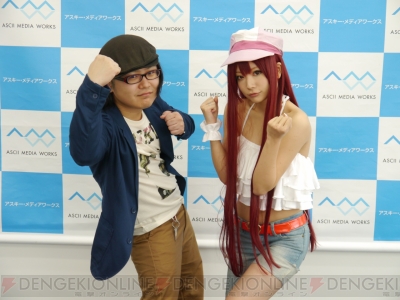
This was Planet G’s biggest project yet, which was, accordingly, offered much more advertisement than their previous outings: professional cosplayer Luna Kamisaka was hired to promote the announcement of the game by taking pictures around Tokyo with signs counting down to it. Around this time, Planet G opened an official YouTube channel and Twitter account specifically to advertise it.
Through the course of its short run, it featured collaborations with Akiba’s Trip 2, Triggerheart Exelica Enhanced and Chaos;Head. Unfortunately, did this nothing to help the game, as it shut down only ten months after its initial release. The game has been preserved, but it is unplayable as the servers have been taken offline.







27/02/2014 – 影牢 ダークサイド・プリンセス Deception IV: Blood Ties (PS3) (PS Vita)
Planet G collaborated in the development of this Koei-Tecmo title, part of the Deception series, by lending Masahiro Yuki to the project as Scenario Writer. This would be their first home console release and their first single-player game.
20/03/2014 – ヒーローバンク Hero Bank (3DS)
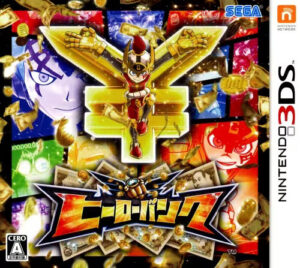
A turn-based RPG produced by Sega as part of their Hero Bank franchise, themed around the hero having to rent equipment from real life companies and going into debt over the course of his adventure. This turn-based RPG was developed by Planet G and produced by Ryu Ga Gotoku creator Toshihiro Nagoshi. Unlike their previous outings, Hero Bank was mostly a single-player game and it received a physical release, meaning it can still be acquired and played today.
03/04/2014 – ゾンビスタンピード Zombie Stampede (iOS)
A freemium tower-defense RPG in which the player is tasked with culling the subhuman hordes, developed by Planet G and published by Namco Bandai exclusively for iOs. It is possible that this is the game initially announced as Humans vs. Zombies at the Grasshopper Universe press release.
Service was ended after only eight months, with Bandai Namco even issuing refunds for purchases of in-game currency. The game itself is lost and, as its servers were taken offline, it could not be booted even if found.
27/11/2014 – ヒーローバンク2 Hero Bank 2(3DS)
Sequel to the aforementioned Hero Bank. Just like its predecessor, the game received a physical release and was mostly a single-player experience, meaning it can still be purchased and played.
19/12/2014 – モグモグとパクパク 〜不思議なタマゴ〜 Mogumogu and Pakupaku ~Mysterious Eggs~ (iOS) (Android)
A puzzle game based on Shiritori, a Japanese game in which one must begin a phrase with the last syllable of the previous one. By engaging in these puzzles, the player could raise eggs of Mogumogu and Pakupaku, two species of forest fairy.
It was produced by G&D, a subsidiary of Digital Hearts, and developed by Planet G. The game itself was played online against other players and its servers have been shut down, meaning that, even if it were found, it would remain unplayable.
17/12/2015 – ダウンタウンのガキの使いやあらへんで!! 絶対に捕まってはいけないガースー黒光りランド Downtown no Gaki no Tsukai Yaarahen de!! Zettai ni Tsukamatte Haikenai Gasu Kurobikari Land (3DS)
A 3D action game based on the exploits of comedy duo Downtown, distributed by Alchemist and co-developed by Planet G. The game allowed for up to four players to engage in local multiplayer games and received a physical release. It is, therefore, one of the few Planet G titles that are still playable.
27/06/2016 – 戦国乙女 〜天下無敵の乙女バトル〜 Sengoku Otome ~Invincible Maiden Battle~ (iOS) (Android)
A freemium RPG game based on the Sengoku Otome franchise, based around an alternate history setting where genderbent version of Sengoku-era Japanese warriors are fighting for supremacy. It originated as a series of Pachinko machines in 2008 and later got an anime adaptation in 2011.
In this game, developed by Planet G and published by Shirogumi, the player has to build their own team of genderbent war heroes through the gacha system in order to progress through automatic battles.
Servers were closed in January of 2018, after eighteen months of service. The android version of the game has been preserved and apparently has some limited functionality, allowing you to browse the various characters and their outfits, though the game itself cannot be played. The iOs version is lost.
27/07/2016 – MOBMOB FLASH (iOs) (Android)
An atypical rhythm game in which the player is tasked with controlling Cherry, a cheerful girl who has the ability of making everyone dance together with her. By sliding one’s finger on the screen, the player must lead Cherry to the random bystanders standing in her way to bring color back to the gray and dull streets.
The iOs version of the game is lost, while its Android version has been preserved. However, most of the game’s tracks had to be purchased separately, meaning that, unless those tracks are found, only the first one can be accessed.
25/08/2016 – 戦国乙女 〜LEGEND BATTLE〜 Sengoku Otome ~LEGEND BATTLE~ (PS Vita)
A 3D arena fighter published and developed by Planet G, again as part of the Sengoku Otome franchise. Just like Planet G’s Nintendo 3DS outings, this one received a physical release and included a single-player mode where players could challenge the CPU and is, therefore, still playable.
27/10/2016 – クローズ BURNING EDGE Crows: Burning Edge (PS4) (PS Vita)
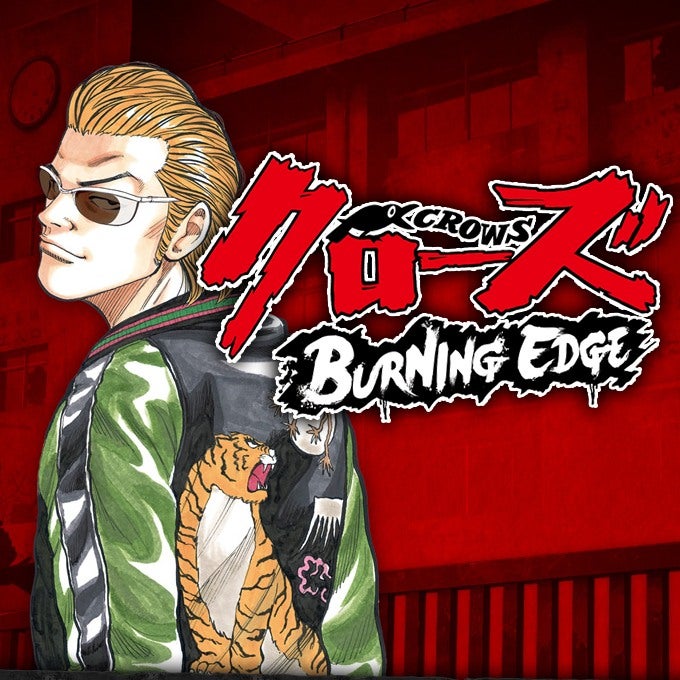
A single-player 3D beat ’em up in the vein of Kenka Bancho published by Namco Bandai and developed by Planet G. This is the final game credited to them. Just like their last game, it received a physical release and the game was even made backwards compatible for Playstation 5 consoles, meaning it is still playable.
Lastly, it should also be noted that Planet G is credited separately for helping with development of Liberation Maiden SIN, both the PS3 and the PS Vita version. More specifically, Masahiro Yuki is credited in the game for “Scenario Composition” and as a Producer; development on SIN had already begun by the time the two companies split, meaning that Yuki began work on SIN while he was still a GhM employee, but he was a part of Planet G by the time of its release.
In July of 2016, all shares of Planet G were acquired by Digital Hearts Holdings. I would assume that their final three titles were already in development when the merger happened; afterwards, Planet G effectively disappeared.

